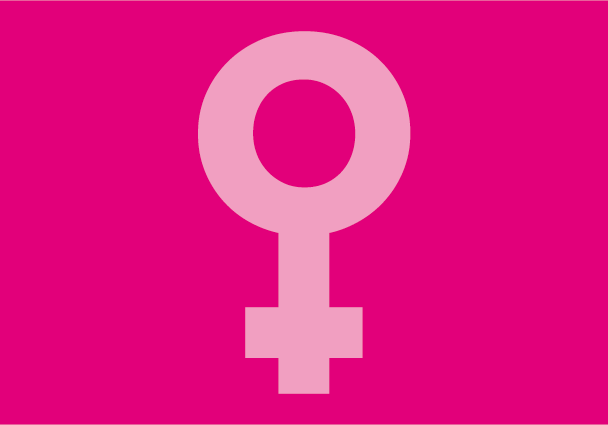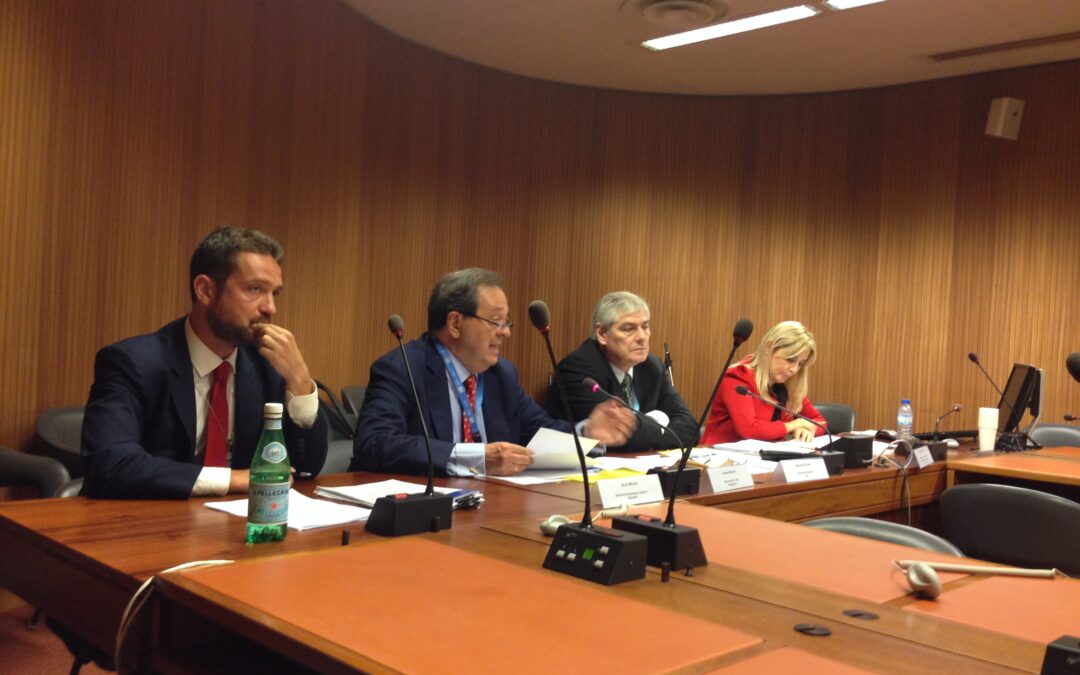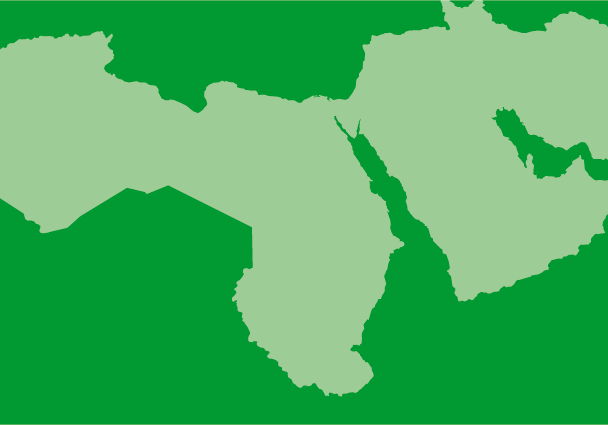
Jun 11, 2014 | Events
The ICJ’s Senior Legal Adviser on women’s human rights participated in a panel discussion on ‘Gains, gaps and challenges in addressing violence against women’, convened on 10 June 2014 in the margins of the Human Rights Council’s 26th regular session in Geneva.
The event was co-sponsored by the Office of the High Commissioner for Human Rights (OHCHR) and the Permanent Missions of Canada and Chile and was moderated by Jane Connors, Chief of the OHCHR Special Procedures Branch. Panelists included Rashida Manjoo, Special Rapporteur on violence against women; Her Excellency Elisa Goldberg, Ambassador of Canada; Her Excellency Marta Maurás Peréz, Ambassador of Chile; and Leah Hoctor, ICJ Senior Legal Adviser.
The ICJ’s intervention focussed on remaining challenges, including the lack of prompt and effective investigations into allegations of violence against women (VAW); systemic failures in some States’ implementation of their due diligence obligations; and a series of disconnects at the international level pertaining to the link between VAW and other forms of discrimination and rights violations that women face, the lack of a holistic conceptualisation and treatment of VAW, and the insufficient integration of legal and normative progress in the discussions and approach of international fora.

Jun 11, 2014 | News
The ICJ and the Cambodian Center for Human Rights (CCHR) today urged the Cambodian Senate to delay its decision to review three judicial reform draft laws on 12 June.

Jun 11, 2014 | Events
The ICJ and the International Bar Association (IBA) co-sponsored a side event to the 26th session of the Human Rights Council, on Wednesday 11 June 2014, on Strengthening the Rule of Law in Venezuela.

Jun 6, 2014 | News
30 Human rights groups, including the ICJ have signed a statement calling upon the League of Arab State’s (LAS) member States to substantially revise the draft statute of the Arab Court of Human Rights (the Arab Court).
The LAS should also ensure the full accordance of the Arab Court with international human rights law and standards, including obligations assumed by LAS member States, the statement says.
In addition, the human rights groups strongly condemn the fact that both the LAS and the expert committee went about their drafting exercise without consulting with any civil society groups, despite their vast expertise in relevant issues, or any other stakeholders, despite several requests from civil society organizations to engage in the process.
The full text can be downloaded below in English and Arabic:
MENA-Arab Court Statement-news-web story-2014
MENA-Arab Court Statement-news-web story-2014-ara

Jun 5, 2014 | News
The ICJ today expressed its concern at the judgment of the Novocherkassk City Court of Rostov Region of 14 May 2014, ordering the NGO “Women of Don”, to register as a foreign agent.

Jun 2, 2014 | Events
The ICJ, with the International Federation for Human Rights (FIDH), will be convening a high-level lunch meeting on ‘Business and Human Rights: Enhancing Standards and Ensuring Redress’ on 4 June 2014.
The meeting will discuss the needs and options for enhancing international law and standards pertaining to the transnational operation of business enterprises, with a particular emphasis on ensuring redress for victims of human rights abuses.
The meeting will be moderated by Geneviève Paul, Head of Globalisation and Human Rights for FIDH. Speakers will be Bertrand Swiderski, Sustainability Director for the Carrefour Group; Regine Barth, Head of Environmental Law & Governance Division at the Oko-Institut; Debbie Stothard, FIDH Secretary-General and Coordinator of the Alternative ASEAN Network on Burma; and Carlos Lopez, Senior Legal Adviser at the International Commission of Jurists.
FIDH-ICJ-BHRStandardsAndRedress-Event-2014 (download flyer in PDF)










